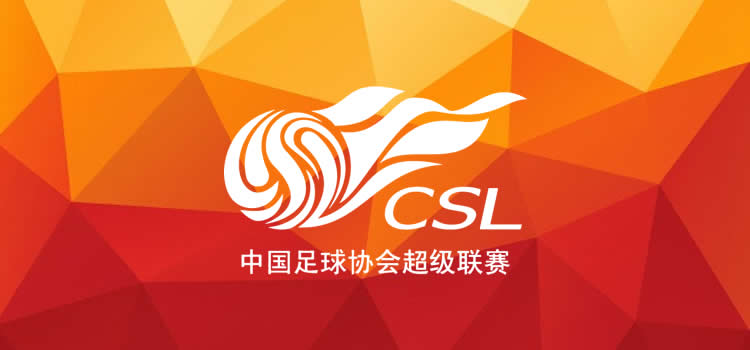Over the past four to five transfer window’s, the Chinese Super League has flexed its financial powers and attracted some of the biggest stars in world football. Hulk, Oscar, Axel Witsel, Carlos Tevez and Paulinho just to name a few. But this may be about to end with the introduction of the ‘100% tax rule’.
First things first. Under the restriction put in place because of the new rule, Chinese clubs will have to pay a 100% in taxes if they are in debt. The statement read: “To benefit the healthy and steady development of professional football leagues and curb the irrational spending on players, those clubs which are in the red should pay the same sums of money as they are spending on buying players to the Chinese Football Development Fund.” The rule will come into effect from the 19th of June.
Let us take the example of the transfer of Oscar. He cost Shanghai SIPG a reported £60m. Now under the provisions of the new restrictions, if Shanghai are in debt, then the transfer will actually cost Shanghai £120m. The ‘extra’ £60m would go to the Chinese Football Development Fund or rather will be used in the development of grassroots football in China.
This is the latest development in the attempt of the Chinese FA to crackdown on clubs paying astronomical transfer fees and wages. Furthermore, the FA is mulling on a decision to introduce regulations that reduce the number of foreign players from 5 to 4 in the starting XI and keeping the number of under-23 and foreign players in the squad at the same number.
These new regulations will undoubtedly have an impact on the potential transfers of Diego Costa and Wayne Rooney. Tianjin Quanjian earlier would have had to pay £75m for Diego Costa but now may have to cough up as much as £150m if they are in the red at the end of the season. But if a club is not in debt, then they do have to pay the transfer tariff.
With news of this rule filtering in, Chinese clubs have already for down to get around it. Clubs are already looking at inflating sponsorship revenue and ensure that the deals still go through.
This move by the Chinese Football Association is a game-changer with regards to the transfer of European Superstars. The move can also have a negative impact by hindering the League’s ability to attract the best of stars and reducing the appeal and star-factor present in the League.
If this the path that the CFA continue on, then the era of European Superstars joining Chinese Clubs may be over before it got its feet off the ground.
